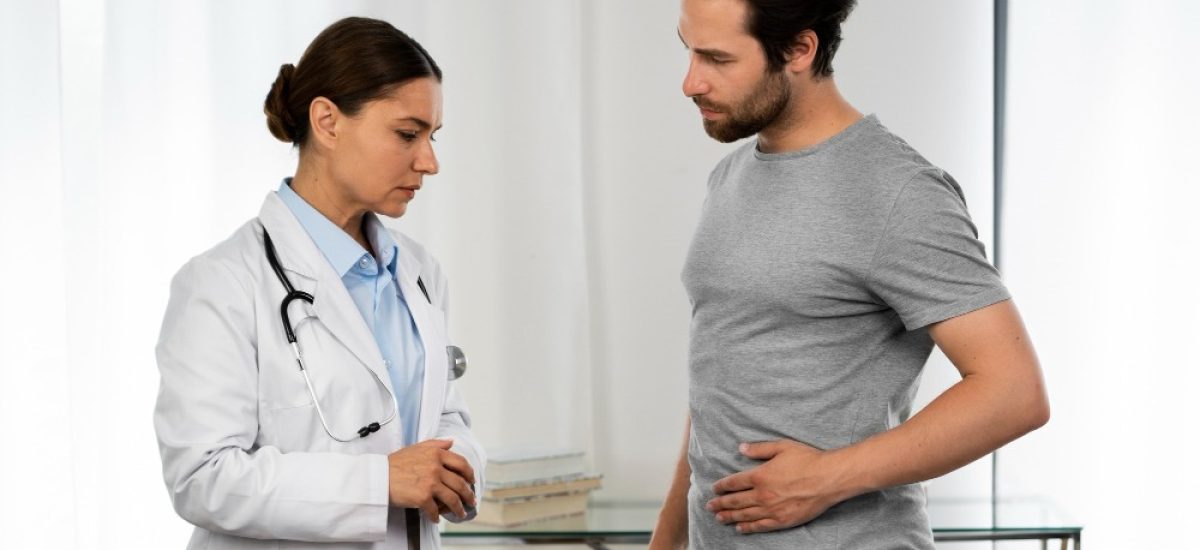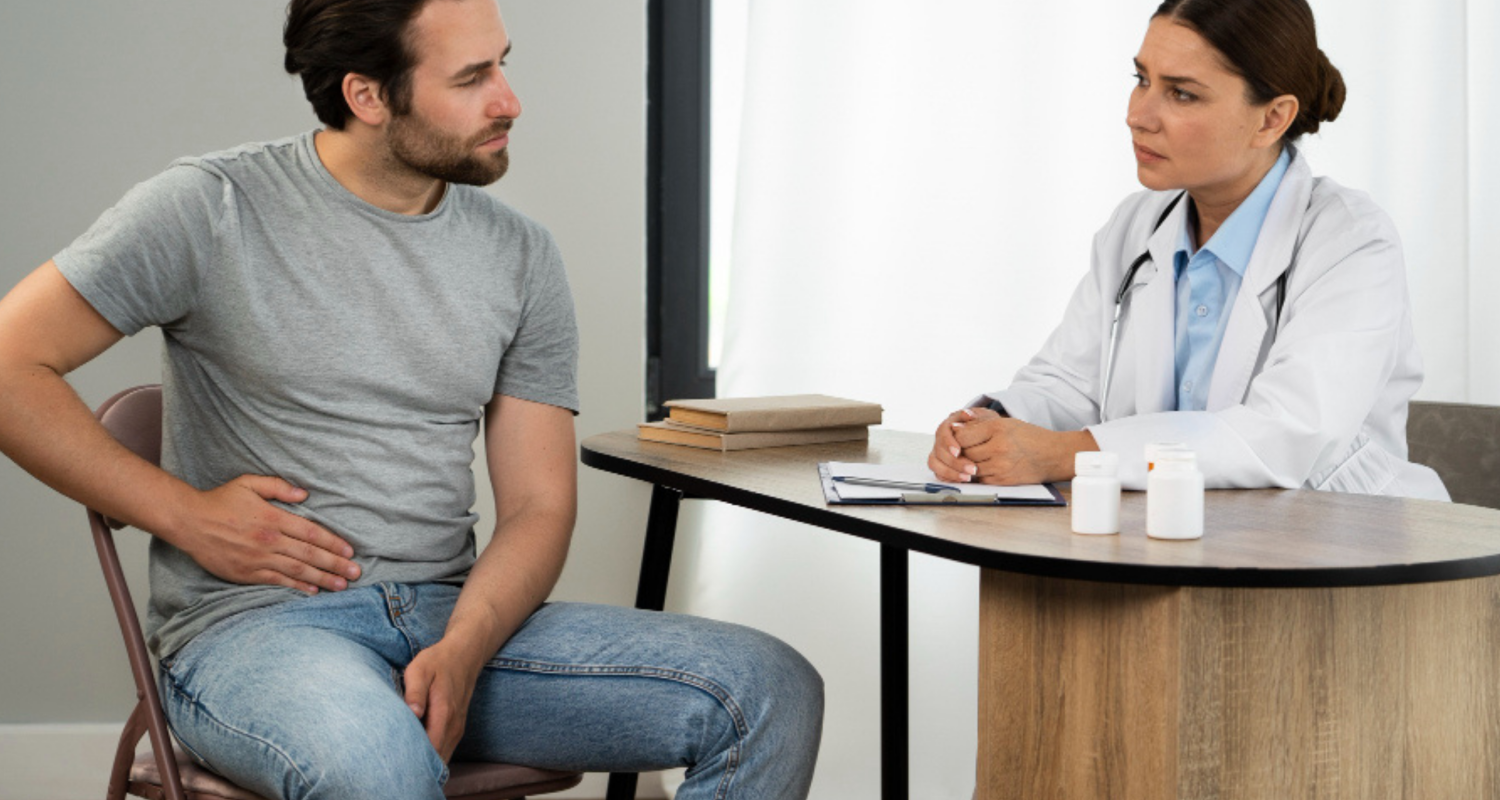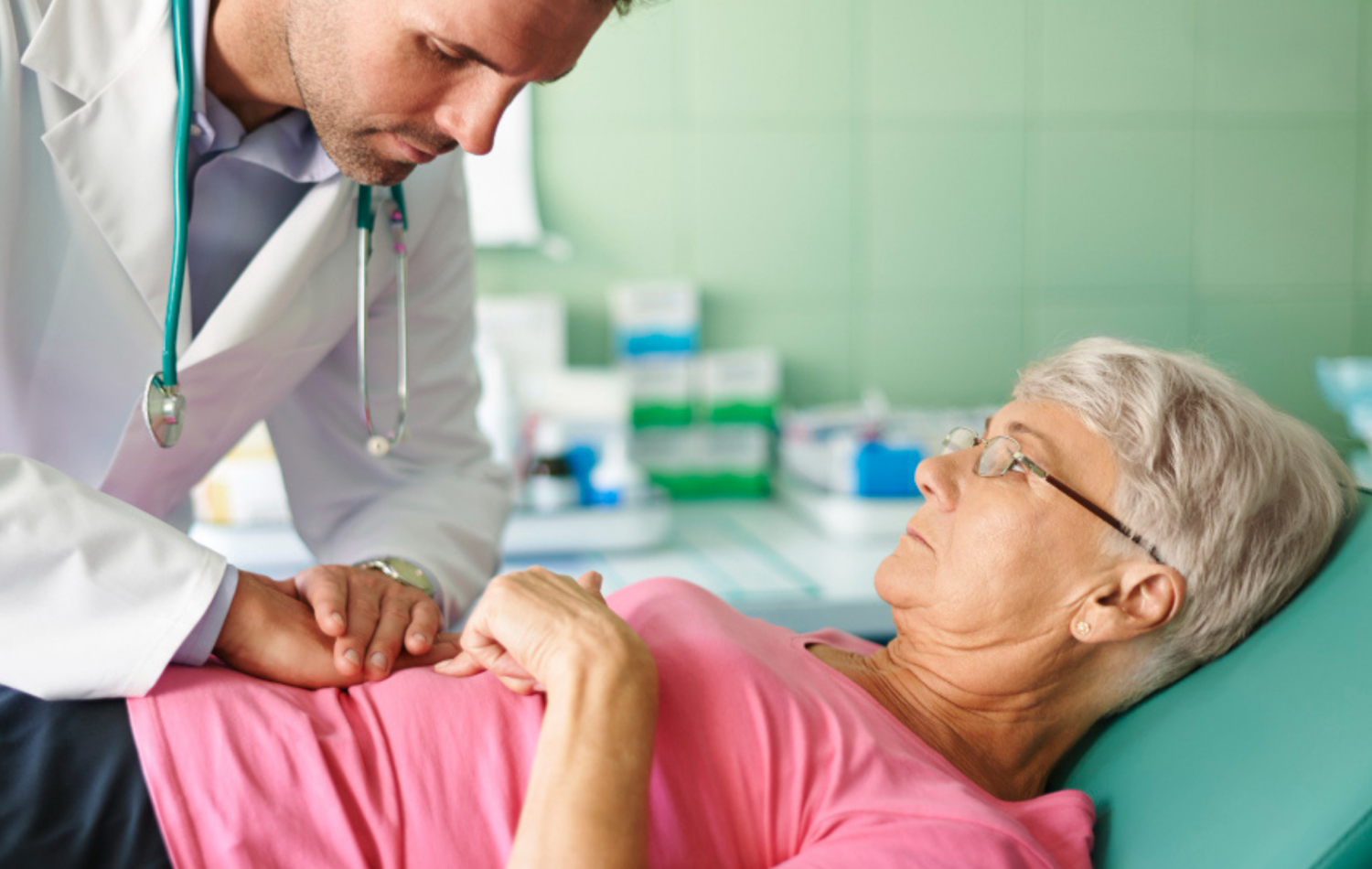Best Piles (Hemorrhoids) Treatment in Hyderabad

Piles also referred to as hemorrhoids, are a common problem that may affect men or women at any age. Dealing with the condition is not only physically taxing but also uncomfortable to talk about. Aligned with this understanding, Dr. K V Dinesh Reddy, one of the top gastroenterologists in Hyderabad, provides personalized treatment plans that address the immediate symptoms and help to prevent future occurrences. Contact the doctor if you are looking for the best laser treatment for piles in Hyderabad or piles surgery in Hyderabad.
Dr. Reddy offers comprehensive care and the best available treatments, aiming to help you feel better and get back to your daily life with confidence. Here is a guide to help you understand what piles are and how they’re treated.
What Are Piles?
It is a condition that occurs due to swollen, enlarged veins in the lower part of your anus and rectum. The walls of these vessels can stretch and become irritated causing bleeding and pain in the area.
The symptoms will depend on the type of hemorrhoids you have which can be internal or external based on the location of the swollen vein.
External: Develops under the skin around your anus, the passage where waste exits your body. This part of your body has more sensitive nerves, so the symptoms usually include pain, itching, and swelling in the anal region. There can also be occasional bleeding when straining during passing stool. This type of pile is generally visible and can be felt as lumps.
Internal: These form inside your rectum and are usually not visible or felt. Internal piles may cause bleeding during bowel movements but aren’t painful.
Prolapsed: This occurs when the internal piles prolapse through your anus, meaning they push outside your anal opening. These piles may bleed or cause pain.
What Causes Piles?
The blood vessels that line your anus have a crucial role in maintaining proper blood flow and circulation in the lower rectal area. They don’t usually cause issues but can stretch or become swollen if you:

- Strain during bowel movements.
- Sit for extended periods, particularly on the toilet.
- Experience pelvic pressure from weight gain, especially during pregnancy.
- Push hard to have a bowel movement due to constipation.
- Strain to lift heavy objects or during weightlifting.
- Engage in anal intercourse.
- Follow a low-fiber diet.

How Are Piles Diagnosed?
For diagnosis, the doctor will ask your medical history and examine you. One common diagnostic method is a digital rectal exam, where the doctor will use a lubricated finger to feel for piles. External piles can often be seen, but internal ones may require further tests.
Your doctor may also recommend tests such as anoscope, sigmoidoscopy, or colonoscopy to confirm the diagnosis. These tests involve using a scope to examine your intestines, colon, rectum, and anus. Anoscope and sigmoidoscopy usually don’t require sedation, but a colonoscopy may involve sedatives or anesthesia.
Treatments Offered by Dr Reddy for Piles
Dr. Reddy believes in conservative treatments and offers a combination of at-home care and medicines for mild cases. In severe cases or where the symptoms do not improve or worsen, or interfere with your daily life or sleep, treatment may include medical procedures like laser therapy, and if necessary, surgeries.

Medicines for piles

The doctor may suggest fibre supplements like psyllium or a mild laxative such as lactulose if you’re experiencing hard stools. These can help soften your stool, making it easier to pass without causing pain and bleeding.
You may also be prescribed pain medications, soothing creams, ointments, and suppositories to alleviate pain and itchiness associated with piles.
Non-surgical piles treatment in Hyderabad
If bleeding persists or if you’re experiencing severe pain from piles, the doctor may suggest one of several minimally invasive procedures available. These treatments are performed as outpatient procedures. This means you can go home the same day after having the treatment. You’ll be awake throughout the process but the area will be numbed. Common treatments include:
Rubber band ligation: In this procedure, the doctor places one or two small elastic bands around the internal piles to block the blood supply. After about a week or two the pile shrinks or falls off and the area left behind heals naturally.
Sclerotherapy: The doctor injects a chemical solution into your piles to make them shrink.
Electrotherapy: In this procedure, the doctor uses a gentle electric current to create scarring which helps cut off the blood supply and destroy the pile.
Infra-red coagulation: An infrared light is applied to the piles, cutting off their blood supply and causing them to shrink.
Laser treatment: The doctor uses laser energy to treat and shrink the swollen blood vessels
Benefits Of Non-Surgical Treatment For Piles
- Most procedures take less time, around 30-40 minutes.
- Less trauma to the affected area and surrounding tissues.
- No stitches and no scars after treatment.
- Same-day discharge.
- Results in less postoperative pain and discomfort compared to surgical options.
- Has a quicker recovery time.
- Reduces the need for hospitalisation.
- Less expensive than surgical options.

Surgical procedures for piles treatment in Hyderabad
Haemorrhoidectomy: This is the most effective way to treat severe or recurring piles. It involves the complete removal of large external piles or prolapsed internal ones.
Hemorrhoid stapling: In this procedure, the prolapsed pile is stapled back into place in your anus and the blood supply is cut off. This makes the pile shrink in place and prevents it from coming out of your anus.
Hemorrhoidal artery ligation operation (HALO): In this procedure, the arteries in your anal canal are located using ultrasound and then closed using stitches to limit the blood supply to your piles, causing them to shrink.
If you are suffering from piles, you know the condition is not straightforward. You can experience different symptoms depending on where your piles are. This is why it’s important to consult the best doctor for piles in Hyderabad if you experience them.
Dr. K V Dinesh Reddy has years of experience diagnosing and treating various types and grades of piles. So, don’t let embarrassment stop you from seeking the help you need. Get early treatment to prevent the complications of piles!
Frequently Asked Questions
Here are answers to some of the questions you might have about Piles (Hemorrhoids)
- Dr. Reddy diagnoses piles through a physical examination, digital rectal exam, and may recommend additional tests like anoscopy or colonoscopy if needed.
- To prevent the recurrence of piles, it’s essential to make a few lifestyle changes. Start by incorporating more fiber into your diet through fruits, vegetables, and whole grains, which can help keep your stools soft. Stay hydrated by drinking plenty of water daily. Avoid prolonged sitting, especially on the toilet, and take breaks to move around if you have a desk job. Regular exercise can also improve bowel movements. Lastly, avoid straining during bowel movements by responding promptly to the urge to go.
- Yes, dietary changes can significantly help manage piles symptoms. Incorporate high-fiber foods like fruits, vegetables, and whole grains into your meals to soften stools and ease bowel movements. Drink plenty of water to stay hydrated, which also aids digestion. Avoid processed foods and those low in fiber, as they can lead to constipation. Eating smaller, more frequent meals can also help maintain regular bowel movements and reduce strain, ultimately alleviating piles symptoms.
- Laser treatment for piles is highly effective and minimally invasive, offering a precise and quick solution for shrinking swollen blood vessels. During the procedure, the affected area is numbed with local anesthesia. The doctor then uses focused laser energy to target and treat the piles, which causes the swollen veins to shrink and disappear. The procedure typically takes about 30-40 minutes and allows for a faster recovery with less pain and minimal bleeding compared to traditional surgery.
Piles surgery is generally well-tolerated, with modern techniques aiming to minimize pain. Some discomfort is expected, but pain management options, including medications, are available to keep you comfortable. Recovery time varies depending on the individual and the type of surgery performed. Typically, you can expect to return to normal activities within 1 to 2 weeks. Following your doctor’s post-operative care instructions can help ensure a smooth and speedy recovery.


